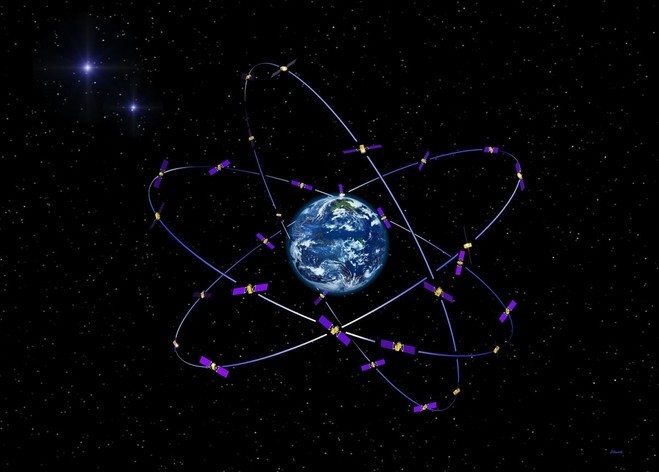GMV leads the consortium that will develop the new Polish GNSS receiver

Jointly with the Space Research Center of the Polish Academy of Sciences (Centrum Badań Kosmicznych Polskiej Akademii Nauk) and Hertz Systems, GMV will develop a programmable GNSS receiver model for microsatellites and launchers. The device will be designed for precise positioning of small satellites in earth orbit while also serving as an avionics element for small launchers.
The device being developed by the consortium will be an alternative to dearer, bigger systems currently available on the market. The model is being built to meet sector needs, especially those of emerging firms and the manufacturers of microsatellites or small launchers, cutting both construction- and operational-costs of objects launched into space.
Precise orbit determination using the programmable GNSS receiver is just as crucial for new types of mission, such as in-orbit satellite refueling and servicing, space-debris capture, formation flying of various small satellites and direct in-orbit construction of large structures.
The first prototype of the programmable GNSS receiver, at technology readiness level (TRL) 8, will be tried out onboard ARION-1 in early 2020.
This project is being carried out under the European Space Agency’s NAVISP umbrella program. GMV, as project leader, is responsible for device integration and the development of precise space-positioning algorithms. Poland’s Space Research Centre is designing electronic receiver components while Hertz Systems will develop the prototype and conduct ground tests.
The GNSS receiver is being made in response to the new space-sector trends, seeking an easier, cheaper and quicker access to space and space-related services. This new approach is reflected in the creation of large constellations and device miniaturization, including reduction of satellite- and launcher-size.